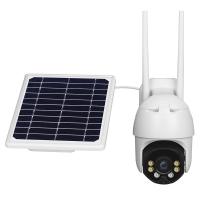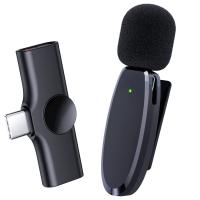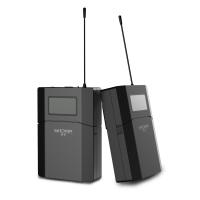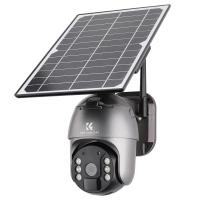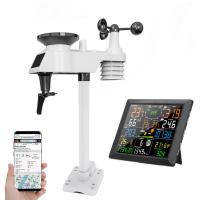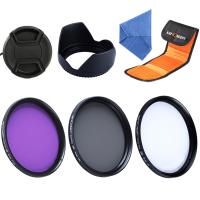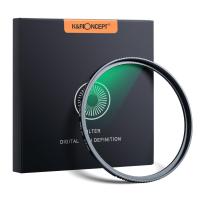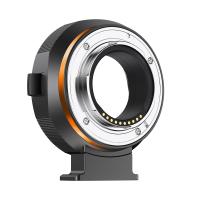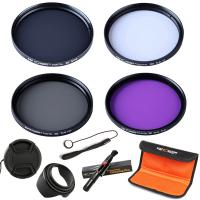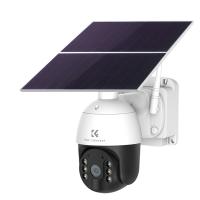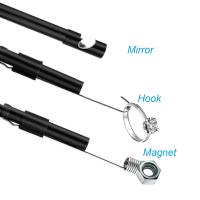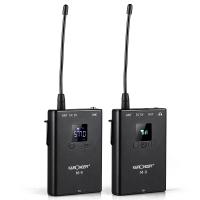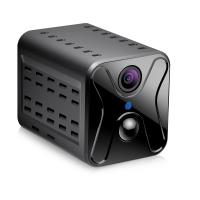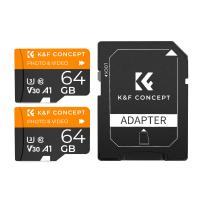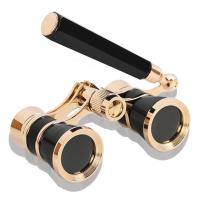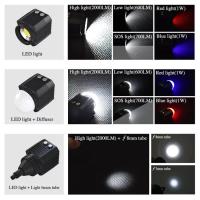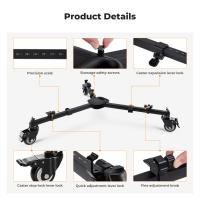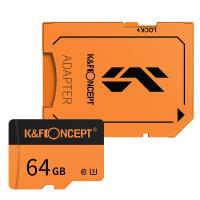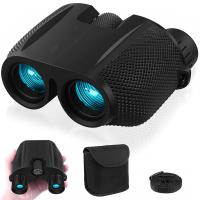Are Ip Cameras Wireless?
In recent years, IP cameras have gained significant popularity in both residential and commercial security systems. These cameras, known for their ability to transmit video data over internet protocol networks, offer advanced features like high-definition footage, remote access, and easy integration with smart home ecosystems. One of the most common questions surrounding IP cameras, especially among prospective buyers, is whether they are wireless. While the answer may seem straightforward, the reality is more nuanced. Let’s unpack the concept of wireless IP cameras, their benefits, limitations, and how they differ from their wired counterparts.
Understanding IP Cameras
To understand the wireless nature (or lack thereof) of IP cameras, it’s essential first to grasp what an IP camera is. Short for Internet Protocol camera, an IP camera captures video footage, converts it into digital signals, and transmits it over a network. This differs from analog cameras, which send video over coaxial cables and typically require a digital video recorder (DVR) to process footage. IP cameras often connect to network video recorders (NVRs), cloud storage, or directly to user devices via applications.
As security needs evolve, IP cameras are increasingly preferred over analog options because of their flexibility, high-quality images, and ability to work seamlessly in modern smart ecosystems.
---
Wireless vs. Wired: What Does It Mean?
Before diving deeper, let’s establish what “wireless” actually means in the context of IP cameras. Wireless typically relates to how the camera communicates with a network. A wireless IP camera transmits video and audio data via Wi-Fi instead of using Ethernet cables. However, this doesn’t necessarily mean the camera is entirely wire-free. Many “wireless” IP cameras still require a power source and are connected to an outlet via a power cord, unless they are specifically designed to run on battery power.
Conversely, wired IP cameras rely on physical connections for both power and data transmission. They are connected to a network using Ethernet cables, which can either carry data and power through a single line (Power over Ethernet, or PoE) or separate connections for each function.
---
Are IP Cameras Wireless? The Short Answer
The answer is: it depends on the type of IP camera you choose. There are both wireless and wired IP cameras available on the market. The choice between the two depends on your specific security needs, the layout of the premises, and whether convenience or reliability is a bigger priority for you.
Let’s explore the characteristics of wireless and wired IP cameras in greater detail.
---
Wireless IP Cameras: Features, Benefits, and Limitations
A wireless IP camera is one that connects to a network via Wi-Fi. While this eliminates the need for Ethernet cables, these cameras may still require physical wiring for power unless they are battery-operated.
Key Benefits of Wireless IP Cameras:
1. Ease of Installation: Without the need for extensive cabling, wireless IP cameras are easier to install, especially in homes or businesses where running wires may be cumbersome or impossible.
2. Flexibility: The absence of Ethernet cables allows for greater flexibility in where you can position the cameras. This is particularly useful for renters or those who may want to move the camera frequently.
3. Smarter Design for Some Models: Many wireless IP cameras are optimized to work as part of smart home ecosystems. They often come integrated with mobile apps, voice assistants like Alexa or Google Assistant, and cloud storage solutions.
4. Cost Savings on Installation: There’s no need to hire a professional for complex cable installations, which can save time and money.
Challenges of Wireless IP Cameras:
1. Wi-Fi Dependency: Wireless IP cameras rely entirely on Wi-Fi to transmit data. If your network fails or experiences interference, the camera may lose its connection, leaving you vulnerable during outages.
2. Potential for Signal Interruption: Thick walls, electronic appliances, and other objects can interfere with Wi-Fi signals, potentially reducing the performance or image quality.
3. Battery Monitoring (if applicable): If the camera is battery-powered, you’ll need to replace or recharge batteries periodically. This can become inconvenient over time.
---
Wired IP Cameras: Features, Benefits, and Limitations
A wired IP camera is connected to your network using Ethernet cables. Many modern IP cameras also support Power over Ethernet (PoE), enabling simultaneous data transfer and power delivery through a single cable.
Key Benefits of Wired IP Cameras:
1. Higher Reliability: Wired IP cameras don’t rely on Wi-Fi, so they are less prone to signal drops or network interference. They maintain stable and consistent video transmission.
2. Better Performance: By connecting directly to the network, wired IP cameras often deliver superior image quality and faster data transfer rates compared to wireless options.
3. No Recharging Required: Wired IP cameras are powered directly via their cable or an outlet, meaning you’ll never need to worry about maintaining batteries.
4. Enhanced Security: Wired connections are more resistant to hacking compared to wireless data transmission, adding an extra layer of peace of mind.
Challenges of Wired IP Cameras:
1. Installation Complexity: Wired cameras require extensive cabling, which can complicate installation and limit placement options. Running cables through walls, ceilings, or across long distances often requires professional installation, adding to the cost.
2. Limited Placement Opportunities: Since cameras must be near power outlets or connected to a PoE system, their placement is less flexible compared to wireless devices.
3. Aesthetic Concerns: The presence of visible cables can disrupt the aesthetics of your home or office, particularly if the installation is not concealed.
---
Choosing the Right Camera for Your Needs
When deciding between wireless and wired IP cameras, it’s essential to assess your unique needs, budget, and environment. Below are some factors to consider:
1. Installation Environment:
- If you want a simple setup and don’t want to deal with running cables, a wireless camera is the better choice.
- However, if your premises are expansive or have existing Ethernet infrastructure, a wired camera may suit your needs better.
2. Reliability Requirements:
- For critical applications like 24/7 surveillance in high-security areas, wired cameras offer more reliability and consistent performance.
- Wireless cameras are better suited for less-critical locations or spaces where internet disruptions have minimal impact.
3. Power Access:
- If power outlets are readily available, either type of camera could work.
- If running power is impractical, look for battery-operated wireless options, although these may need frequent recharging.
4. Budget:
- Wired cameras may come with additional costs for professional installation and cables.
- Wireless cameras generally save on installation costs but may require investment in high-quality routers or Wi-Fi extenders for optimal performance.
---
Conclusion: Are IP Cameras Wireless?
In summary, some IP cameras are wireless, and others are wired—it depends on the design of the particular model. If you’re looking for convenience, flexibility, and ease of installation, wireless IP cameras are a great option. On the other hand, if you prioritize stability, high-performance video transmission, and robustness, a wired IP camera might be the better choice for your security setup.
Ultimately, there’s no one-size-fits-all solution. As the smart security industry continues to evolve, hybrid options—such as wired cameras with backup Wi-Fi features or wireless cameras with optional Ethernet ports—are also becoming increasingly common. Whatever choice you make, always ensure that the camera meets your security and usability requirements while delivering value for your investment.


